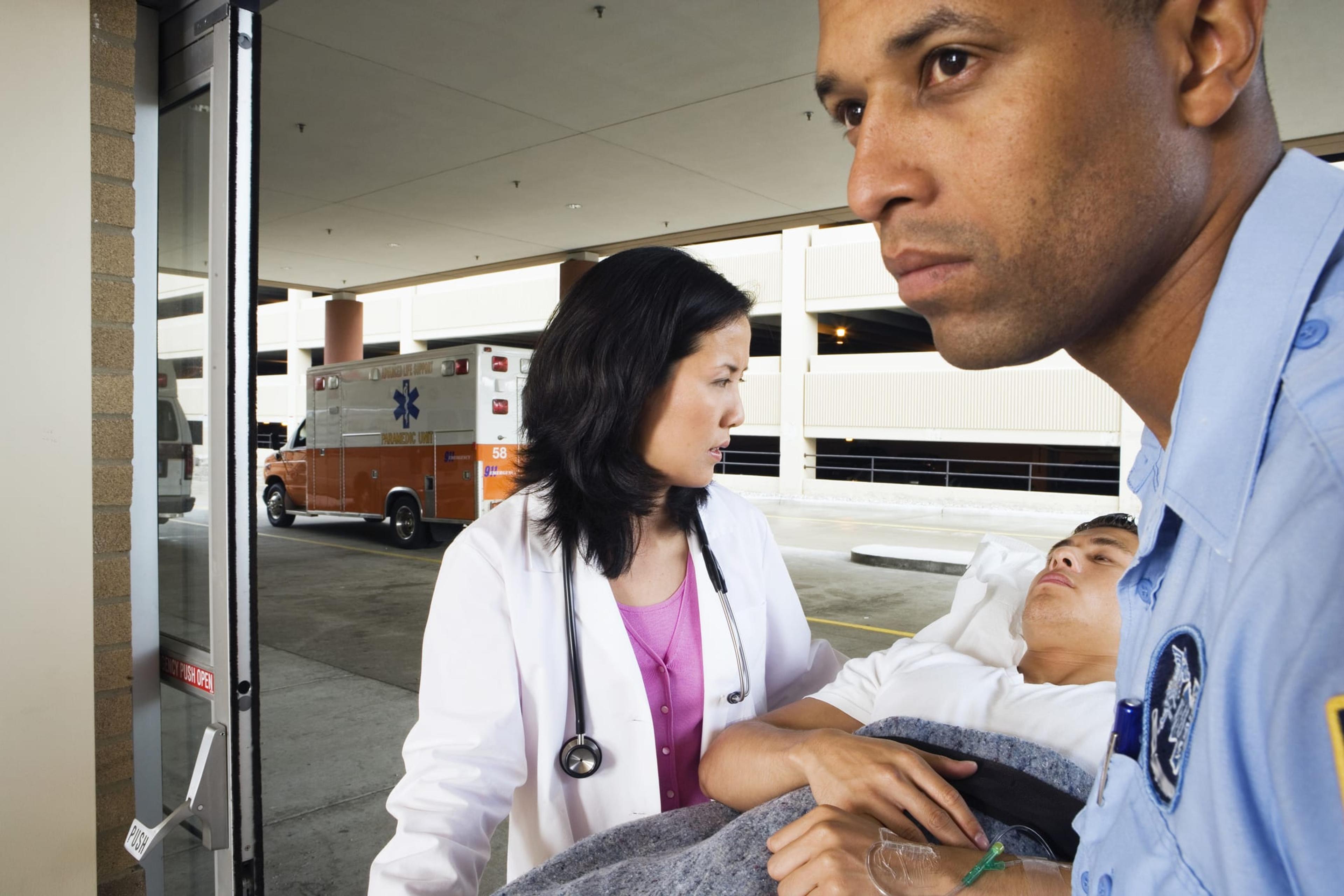Rise in Overdose Deaths During the Pandemic
Zach Micklea
| 3 min read

In the midst of the COVID-19 global pandemic, the nation’s opioid epidemic is intensifying. Recently published statistics from around the U.S. confirm that drug overdoses are spiking, specifically from opioids, rising by over 17% during the pandemic. More than 40 states have reported increases in opioid-related mortality as well as ongoing concerns for those with a mental illness or substance use disorder. Michigan is no exception. From April to May, Emergency Medical Services (EMS) responses for opioid overdoses increased by 33%, according to the Michigan Department of Health and Human Services. Despite overall EMS runs decreasing during the pandemic, responses for opioid overdoses from April through June were 26% higher than the same period in 2019.
Pandemic exacerbating the problem
New evidence suggests that the isolation during quarantine and economic devastation in recent months are driving the sudden uptick in overdose deaths. Structure and community are key for those battling substance use disorders. Group meetings, one-one-one therapy sessions, treatment centers and other support networks have been interrupted by shutdowns. Experts say isolating in place disturbs the balance of our lives. The support systems that people turned to prior to the pandemic are more difficult to access, making the chance of a substance use reoccurrence more likely. As the pandemic has increased the fear, uncertainty, anxiety and depression in people’s lives, it has also halted the human connections that ease those burdens. The new world we live in of close quarters with family or living alone with little opportunity for contact with others are both stressful. Temporary or permanent job loss and financial hardship are also challenging and can contribute to feelings of despair. When the pandemic first began, authorities hoped it might lead to a decrease in overdose deaths by disrupting drug traffic as borders closed and cities shut down, but the opposite appears to be happening. Normal drug supply lines have been disrupted, leading people with substance use disorder to seek out new suppliers and substances with which they are less familiar, increasing the risk of substance use reoccurrence and possible death.
Working together to fight opioid use disorder and overdose
Blue Cross Blue Shield of Michigan has long been committed to fighting the opioid epidemic. As an organization, Blue Cross has championed new opioid treatment models and partnered with MDHSS and others to form the Michigan Opioid Partnership. Last year, the collective partners committed $5 million for programs focused on treating opioid addiction in Michigan. In April, Blue Cross partnered with care providers to launch home-based substance use disorder treatments during the pandemic. The treatments include telehealth programs with behavioral health providers and more. The state also continues to fight the problem. In June, MDHHS announced it will give naloxone, the drug designed to rapidly reverse opioid overdoses, free to community groups and residents. According to the department, this announcement is a key part of Michigan’s response to the opioid crisis in the state. In August of last year, Gov. Gretchen Whitmer signed an executive order to create the Michigan Opioids Task Force, which works to identify root causes of the opioid epidemic and implements response actions to help those in the state struggling with addiction access needed recovery services.
Additional resources
If you or someone you know has a substance use disorder, there are resources available. The state has compiled a comprehensive list of resources, including the Michigan Peer Warmline at 888-733-7753 where people can talk to peers with shares experiences about recovery during COVID-19. Blue Cross Blue Shield of Michigan recently announced coverage for many types of virtual services to support low to moderate-risk patients with substance use disorders. This allows patients to undergo detoxification and treatment at home. To learn more about opioids and substance use disorders, please visit mibluesperspectives.com/opioids101. Related:
- How to Safely Use Opioids to Manage Pain
- Understanding the Link Between Opioid Use and Suicide
- Understanding Opioids and Their Effects
Photo credit: FangXiaNuo





